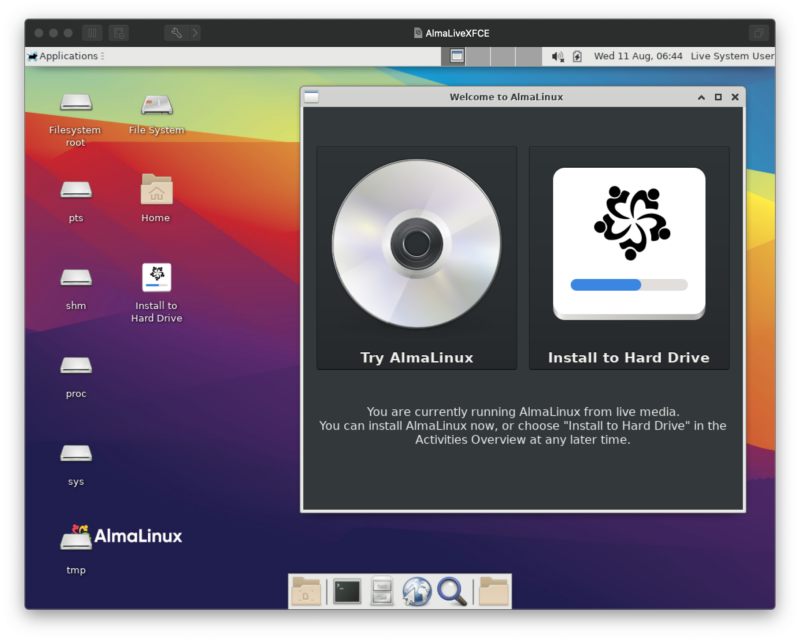-
 chevron_right
chevron_right
What I learned when I replaced my cheap Pi 5 PC with a no-name Amazon mini desktop
news.movim.eu / ArsTechnica · Monday, 1 April - 13:39 · 1 minute

Enlarge / Two cheapo Intel mini PCs, a Raspberry Pi 5, and an Xbox controller for scale. (credit: Andrew Cunningham)
I recently tried to use a Raspberry Pi 5 as a regular desktop PC . The experiment wasn't a failure—I was able to use a Pi to get most of my work done for a few days. But the device's performance, and especially the relative immaturity of the Linux's Arm software ecosystem, meant that there were lots of incompatibilities and rough edges.
One of the problems with trying to use a Pi 5 as a regular desktop computer is that, by the time you've paid for the 8GB version of the board, a decent active cooler and case, and (ideally) some kind of M.2 storage attachment and SSD, you've spent close to a couple of hundred dollars on the system. That's not a ton of money to spend on a desktop PC, but it is enough that the Pi no longer feels miraculously cheap, and there are actually other, more flexible competitors worth considering.
Consider the selection of sub-$200 mini desktop PCs that litter the online storefronts of Amazon and AliExpress. Though you do need to roll the dice on low-to-no-name brands like Beelink, GMKTec, Firebat, BMax, Trigkey, or Bosgame, it's actually possible to buy a reasonably capable desktop system with 8GB to 16GB of RAM, 256GB or 512GB of storage, a Windows 11 license, and a workaday x86-based Intel CPU for as little as $107, though Amazon pricing usually runs closer to $170.








